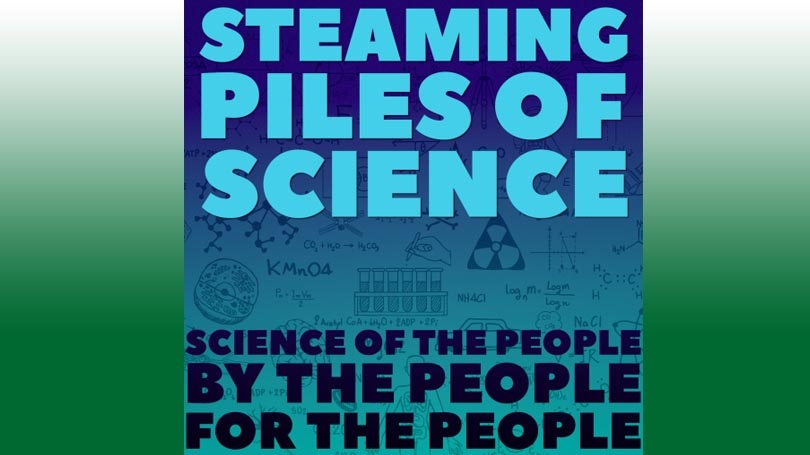Savannah Dunn has a passion for science communication. A third-year student in the Program in Experimental and Molecular Medicine (PEMM), Savannah has authored numerous articles for the School of Graduate and Advanced Studies, so when she was awarded a scholarship to attend the Concordia University International Graduate Student Summer School, she jumped at the chance.
Projected Futures: Experimental Science Journalism Studies was held in collaboration with the World Federation of Science Journalists and the Canadian Science Writers Association. The course was geared towards journalists and provided intensive instruction on the rules of engagement in science communication. “Realizing the audience is the most important variable in science journalism was my biggest take-away,” Savannah said of her experience on the course. “You can tell people their tax dollars are paying for all the science you are writing about, but you have to make each piece fit into some place in their daily lives for people to really care. It’s not always about money.”
Presented by experts in different forms of media, the course moved from classic article publications through radio, television, to fast media such as Twitter and Facebook. Participants learned best practices in using each form, the strengths and weaknesses of each, and general rules about science journalism that the presenters had honed in their careers. It was the podcasting section, however, that resonated most with Savannah. “Podcasting is unique,” she says, “because the presence of the reporter’s voice literally makes the media a conversation. Rather than a passive consumption of information, podcasting provides an intimate setting for private conversation.”
Driven by the belief that science should be accessible to everyone, regardless of financial or social capital, Savannah returned from the course in August and developed her own podcast series. In collaboration with her partner, Kellen, they created Steaming Piles of Science, a podcast series that aims to break down the notoriously jargon-filled communication of scientists into accessible and relevant content. “We aim to bring science to you in a digestible fashion because it’s important for everyone to know and understand facts and theories that may impact your daily lives,” says the blurb on the podcast site.
But more than making science accessible, Savannah and Kellen want to change the nature of conversations around science. Rather than splitting science into a pigeon-holed existence fighting for funding and acceptance, they see an opportunity to bring non-experts into the conversation to broaden the dialog and to connect research to the lives of those impacted by it. Listeners are encouraged to submit questions and suggestions and drive the direction of the dialog.
“I want everyone to feel as though we are talking directly to them, and each of them have equal rights to learn about the topic,” explains Savannah. “Money for research is spent on topics that are considered important and worthy to the general public. This is one of many reasons why it is so important for everyone, from rocket scientist to plumber to politician, to understand what we know and question how we know it. Making sure our direction in research is sound will ensure more equitable and efficient research in the future.”
Steaming Piles of Science has already covered several topics from introducing academics, to discussions on binge eating, depression, and oceanography. They also record the monthly Science Pub events at Salt hill pub in Lebanon. If you are interested in being a part of these podcasts, either as an academic or as a general participant, or if you have a suggestion for a topic you’d like them to cover, then get in touch. This is science for the people, by the people, and it’s never sounded sweeter.
